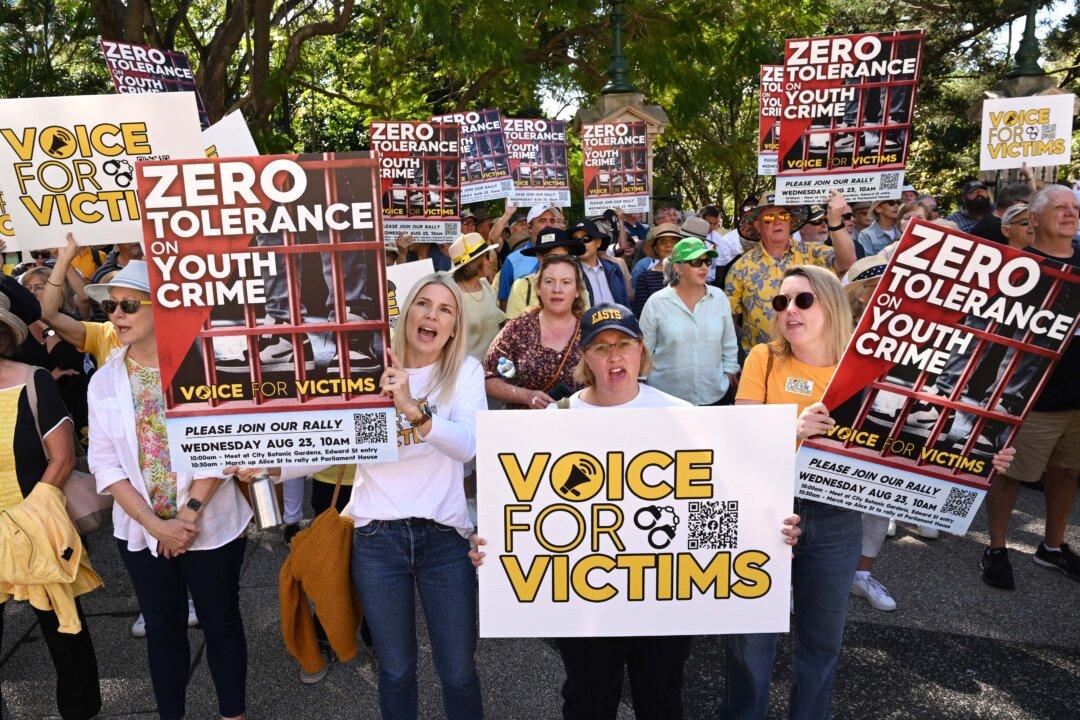The Palaszczuk government would establish an Independent Advisory Group (IAG) to support crime prevention amidst Queensland’s crime victim escalation, the state government announced on Sept. 6.
The IAG would provide crime victims with another voice and a government advisory avenue to improve how the Queensland government receives and deals with victims’ feedback.





